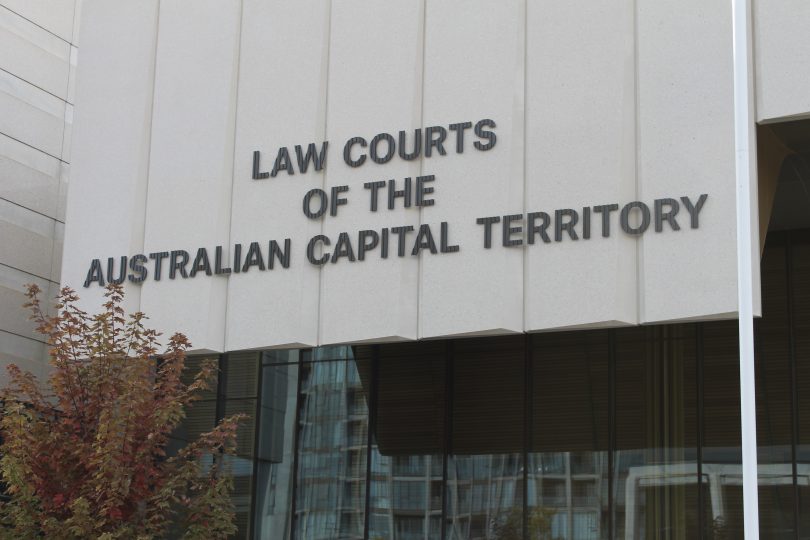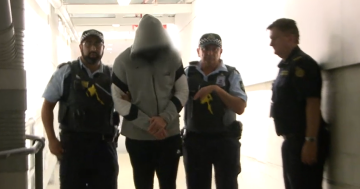
Emin Oguz Yavuz is appealing the severity of his sentence for the attempted importation of MDMA. Photo: Albert McKnight.
A member of a drug-smuggling syndicate who directed the importation of MDMA while he was already behind bars has argued his sentence is too harsh compared to one of his comrades.
On 30 November 2017, a consignment arrived in Sydney from the United Kingdom with its contents described as “camping pans set”. It was intercepted by Australian Border Force and found to contain 1.7 kg of MDMA.
It was discovered that while Emin Oguz Yavuz was serving a sentence in the Alexander Maconochie Centre (AMC) for drug-related offending, he had a number of conversations over the phone with his co-offenders in November 2017, including Peter Edward Poulakis, where they discussed sourcing the drug, financing the operation and planning its collection.
Yavuz pleaded guilty to a charge of importing a commercial quantity of a border-controlled drug and in September 2020 was sentenced to eight-and-a-half years’ jail by the ACT Supreme Court’s Justice Chrissa Loukas-Karlsson.
“While it is the case that there is a broad equivalence in terms of hierarchy and role as between Mr Poulakis and the offender, it is clear that Mr Yavuz had, comparatively, a somewhat greater role in ‘directional type behaviour’,” she said.
The roles the two played was the focus of Yavuz’s appeal to the ACT Court of Appeal on Thursday (11 November), where he claimed the sentence he had received was manifestly excessive.
Barrister Andrew Norrie, representing Yavuz, said Poulakis had only received about five years and nine months’ jail after being sentenced for importing the MDMA, as well as a different consignment of the drug.
Mr Norrie said Poulakis, a café owner, was “stepping in the shoes” of Yavuz while he was outside jail, was also involved in directional behaviour. He claimed that without Poulakis’ efforts, the syndicate wouldn’t have functioned.
Poulakis controlled the information between the members and was the “connecting factor” between them, he said.
Mr Norrie said as Yavuz was behind bars, “anything he could have possibly done was limited to directions”.
The Court of Appeal’s Justice Michael Elkaim said the agreed facts for the case stated the four co-offenders were “directed” by Yavuz.
“That is a specific agreed fact about the hierarchy, isn’t it?” he asked.
Mr Norrie said that was correct, but there had been a concession by the Crown that Yavuz and Poulakis were equivalent in their moral culpability.
But Crown prosecutor Chris O’Donnell SC said there was a significant difference between the pair, as Yavuz had already been serving a jail sentence for prior offences of importing drugs when this operation took place, providing a basis for him to be given a greater sentence.
“His directional role is evident,” Mr O’Donnell said.
“One might expect that would have been the only sort of role he could have performed given his custodial situation.”
Justice Elkaim said the three-justice Court of Appeal would reserve its decision, meaning the outcome of the appeal will be announced at a later date.






















Yes CR, I read today that residents in Sydney's inner west have just had FOGO introduced and were up… View